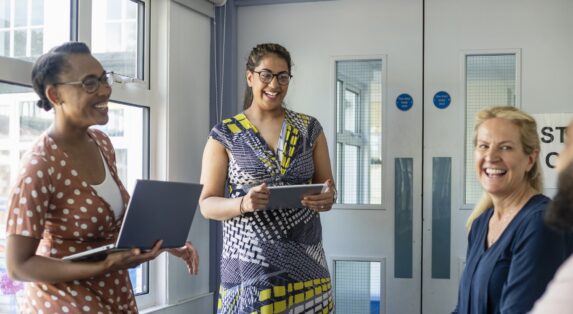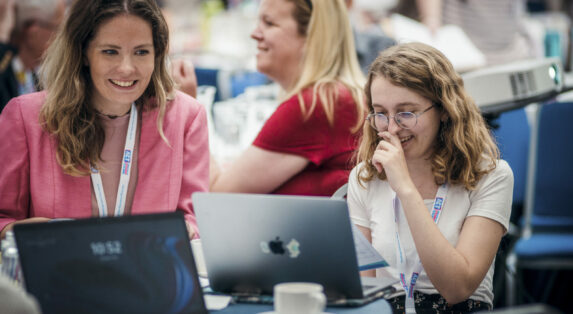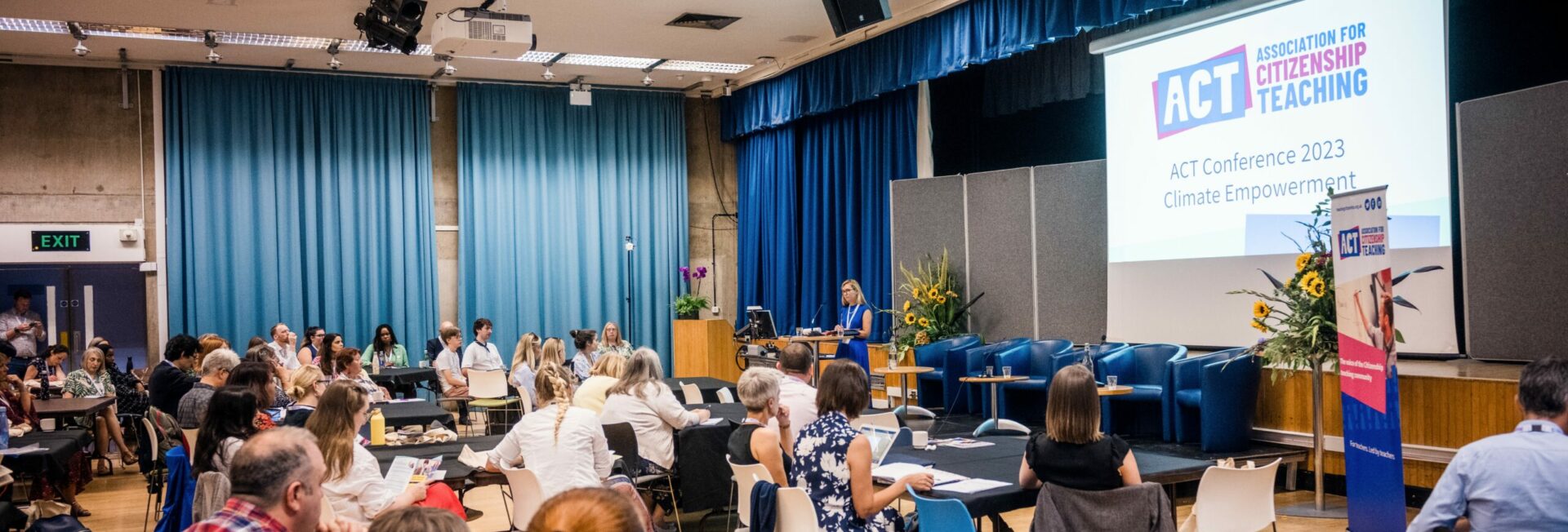
ACT Teaching Citizenship Conference 2024
Join the Citizenship teaching community's biggest event. Take a look at the programme for the day, including speakers and workshops.
ACT Teaching Citizenship Conference 2024
26 June 2024; 10:00 – 17:30 (registration from 09:00)
Coin Street Conference Centre, 108 Stamford St, London SE1 9NH
ACT’s annual Teaching Citizenship Conference is returning in 2024. The event will bring together teachers, practitioners and other stakeholders to amplify and exchange ideas that support quality Citizenship teaching.
Conference Theme
Developing the digital citizen: What do teachers need to know? AI, Rights and Democracy
From self-driving cars to automated algorithms shaping our newsfeeds, Artificial Intelligence (AI) is weaving itself into the very fabric of our lives. But what does this mean for democracy, for human rights, and for the critical task of educating the next generation of engaged, informed citizens?
ACT’s Teaching Citizenship Conference, Developing the Digital Citizen: AI, Rights, and Democracy, invites you to explore this exciting (and perhaps daunting) subject among fellow teachers, practitioners and stakeholders, equipping you with the knowledge to empower students to navigate the complexities of AI with a critical approach.
This conference is a vibrant intersection of cutting-edge ideas and practical solutions. We’ll be inviting speakers to facilitate interactive workshops where you’ll explore:
- AI’s potential pitfalls and promises for democracy: Unmask the biases embedded in algorithms and learn how to foster critical thinking amidst the flood of information
- Harnessing technology for active citizenship: Design engaging projects that leverage AI to promote social justice, political participation, and responsible digital behaviour
- Transforming your classroom into a hub of innovation: Discover creative ways to integrate AI tools into your curriculum, sparking curiosity and igniting meaningful discussions – this links to the Education Secretary’s opening address at Bett show 2024
- Empowering yourself and your students: Explore practical strategies for managing workload, navigating the legal landscape of AI use, and equipping your students with essential digital literacy skills
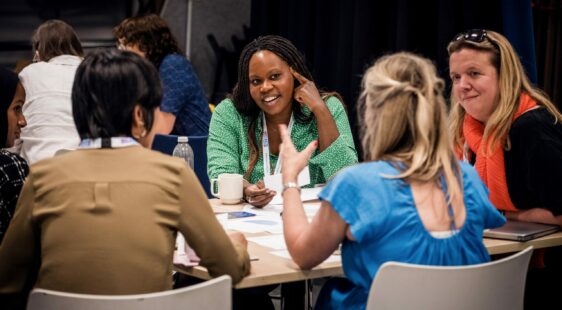
This is not just a conference, it’s a collaborative journey. Come join a community of passionate educators and individuals with a commitment to citizenship, as we forge the future of Citizenship education. Leave equipped with fresh perspectives, actionable strategies, and a renewed sense of purpose as we guide our students towards becoming informed, responsible, and empowered citizens in the age of AI.
Ready to embrace the digital revolution and reshape Citizenship education? Register today and let’s co-create a future where technology illuminates the path towards a more just and fair democracy!
Our 2024 Teaching Citizenship Conference will discuss and consider:
- AI’s influence on Citizenship curriculum: How emerging technologies like AI are shifting the landscape of citizen education
- Threats and opportunities for democracy: The potential pitfalls and empowering possibilities of AI in the democratic process
- The benefits and risks of AI when teaching informed citizens
- The legal frameworks surrounding AI, understanding its role in shaping democracy
- The impact of technology on elections and rights of participation
- Practical skills and applications of AI in the classroom to support teaching and reduce workload
- Understand how AI can be used to support advocacy campaigns and active citizenship
- How do algorithms endanger our democracy and normalise extreme ideologies
- Other subjects that specialists in this field feel would benefit teachers of Citizenship and Personal Development
- Real-world strategies for safe tech use: Equip your students with essential skills to navigate the digital world responsibly and critically
- Digital democracy and the citizen’s role: Examine the implications of AI for active participation and representation in a technological age
- Innovative teaching methods: Fresh classroom ideas and revitalise familiar case studies in light of current technology trends
- Financial literacy in the digital era: Navigate the complexities of cryptocurrency and other digital financial tools with confidence
You will leave with:
- deeper understanding of AI’s impact on Citizenship education
- ready-to-use strategies for integrating AI and technology into your classroom
- greater confidence in navigating the evolving digital landscape of democracy
- connections and resources to support your journey as a citizenship educator
The conference aims to:
- bring together teachers, practitioners and other stakeholders to amplify and exchange ideas that support quality Citizenship teaching
- explore different teaching approaches that help students to develop informed opinions about these urgent issues, while ensuring teaching remains impartial
- consider the opportunities, challenges and potential solutions including how we nurture young people’s political agency, especially in making informed decisions about what types of citizen action are appropriate
- encourage new thinking and learning about Citizenship education, teaching and practice and promote dialogue and collaboration across schools nationally
Who should attend:
Those who are new to teaching Citizenship, established Citizenship teachers and subject leaders, as well as those leading curriculum development in their school or institution. The conference will also support others with a commitment and interest in embedding Citizenship and strengthening democracy.
Conference Speakers
Browse some of the confirmed conference speakers below. Please note this list will grow as further sessions are confirmed.
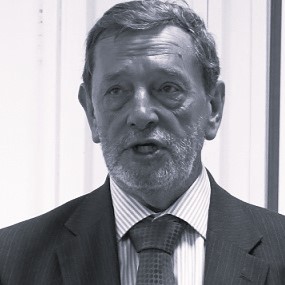
Rt. Hon Lord Blunkett
ACT Honorary President

Lord Jim Knight
Lord Knight of Weymouth, AI in education expert

Louise Crow
Chief Executive, MySociety

Sam Clarke
MA Student and Primary PGCE lecturer, Canterbury Christ Church University

Asher Jacobsberg
Director, Involver Education/European Parliament's Liaison Office

Jaspal Kaur Sadhu Singh
Senior Lecturer , Canterbury Christ Church University
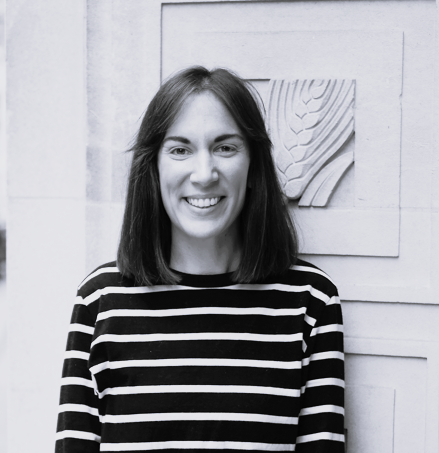
Olivia Platman
Programme Director, The Economist Educational Foundation
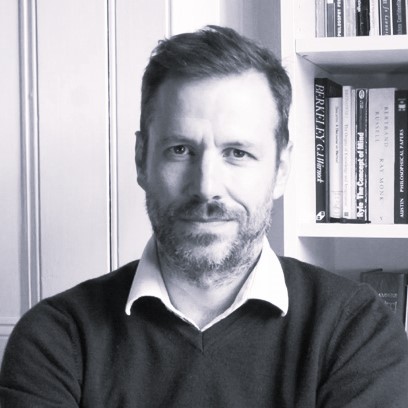
Jeremy Hayward
Associate Professor, UCL
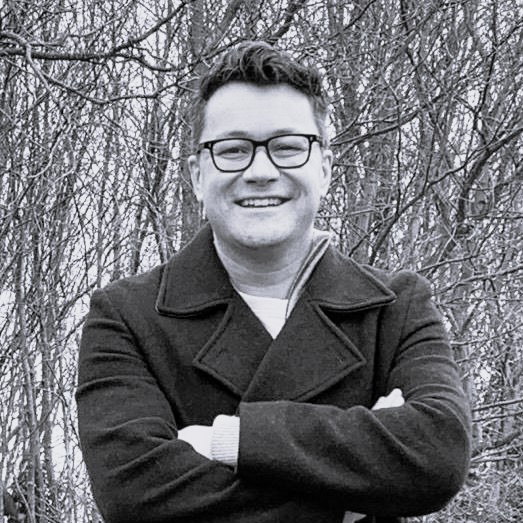
Mark Rusling
Director of Learning and Professional Development, National Holocaust Museum

Charlie Stansfield
Senior Educator, National Holocaust Museum

Dr Lanora Callahan
Postdoctoral Research Associate, Roehampton University
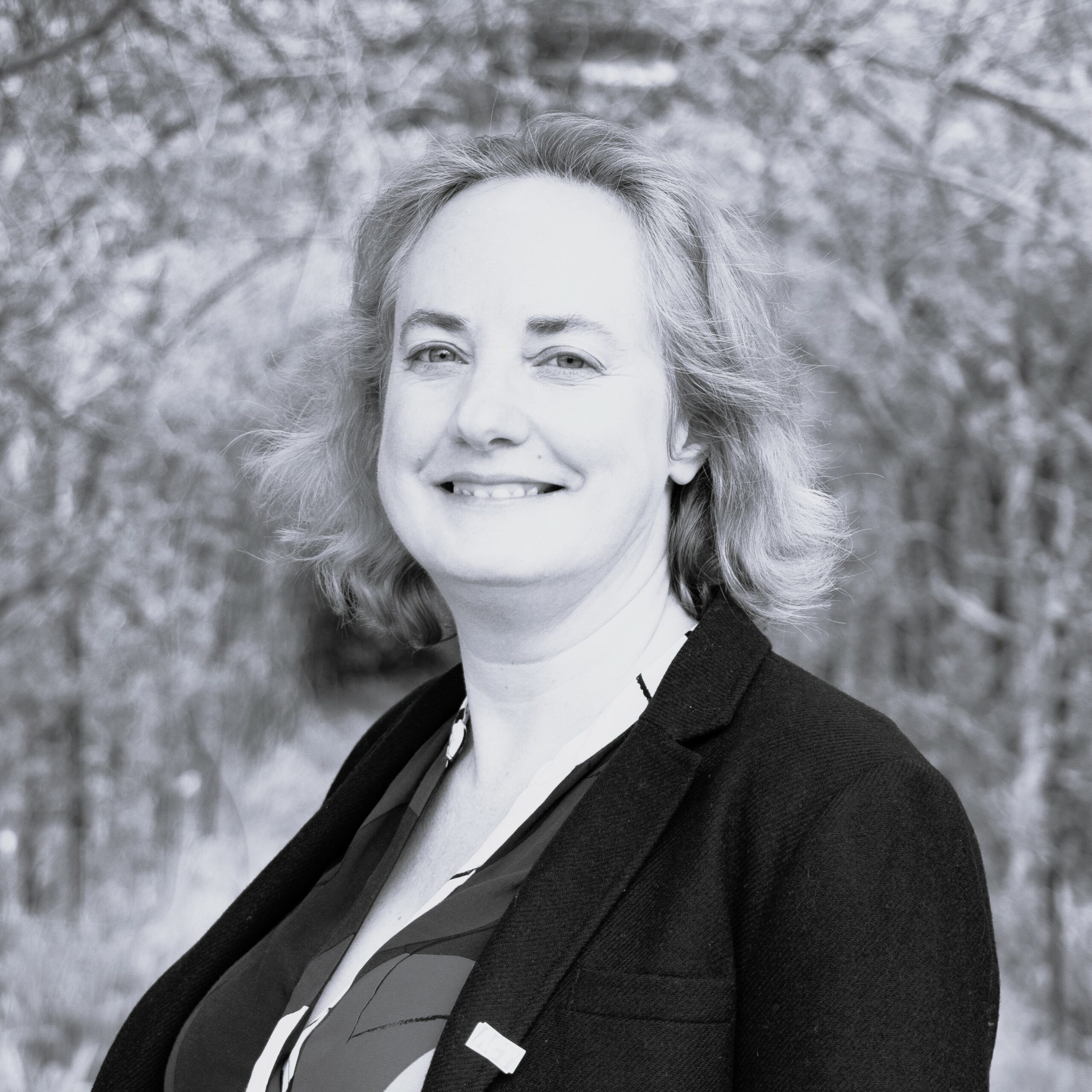
Professor Bryony Hoskins
Research Explorer, Roehampton University
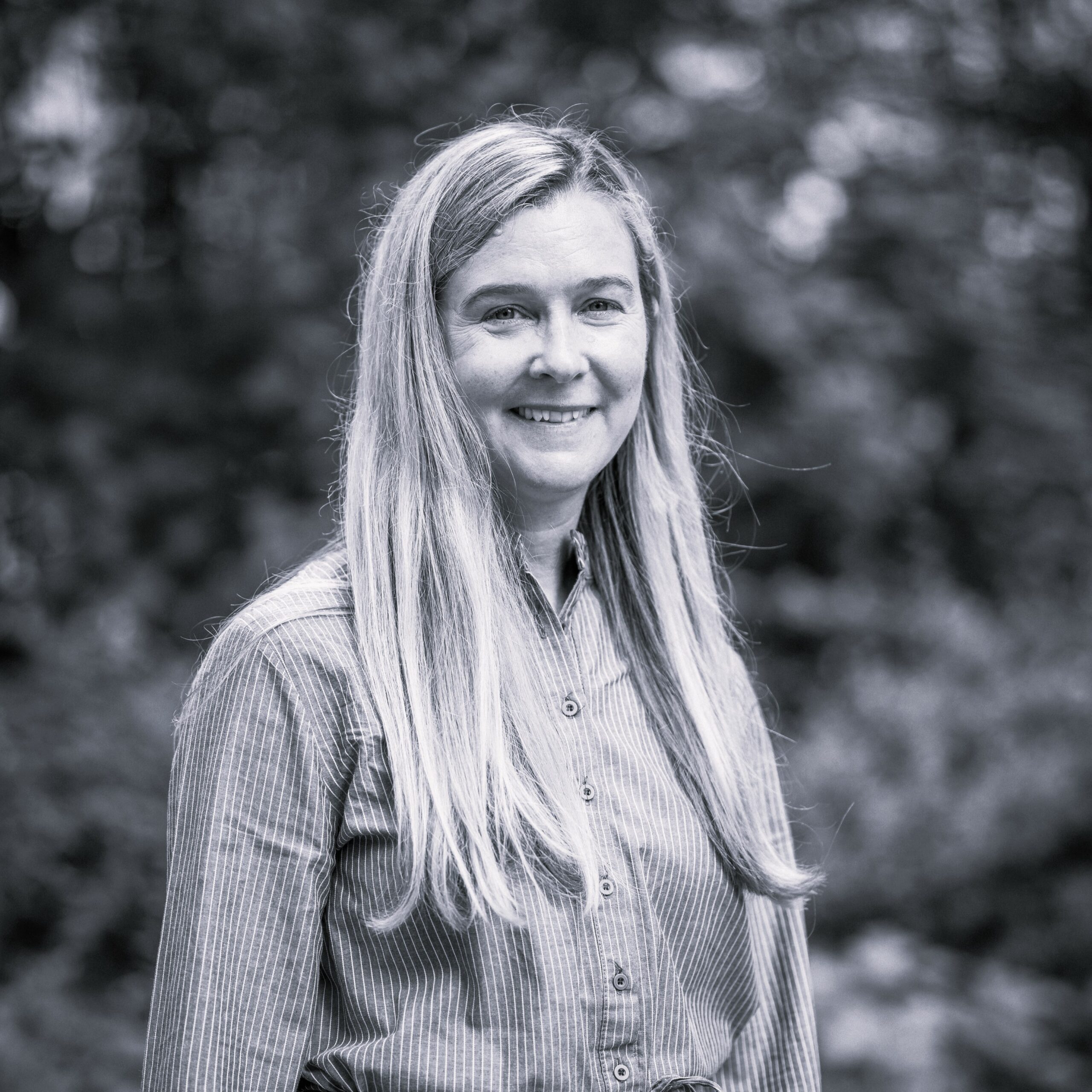
Liz Moorse
Chief Executive, ACT
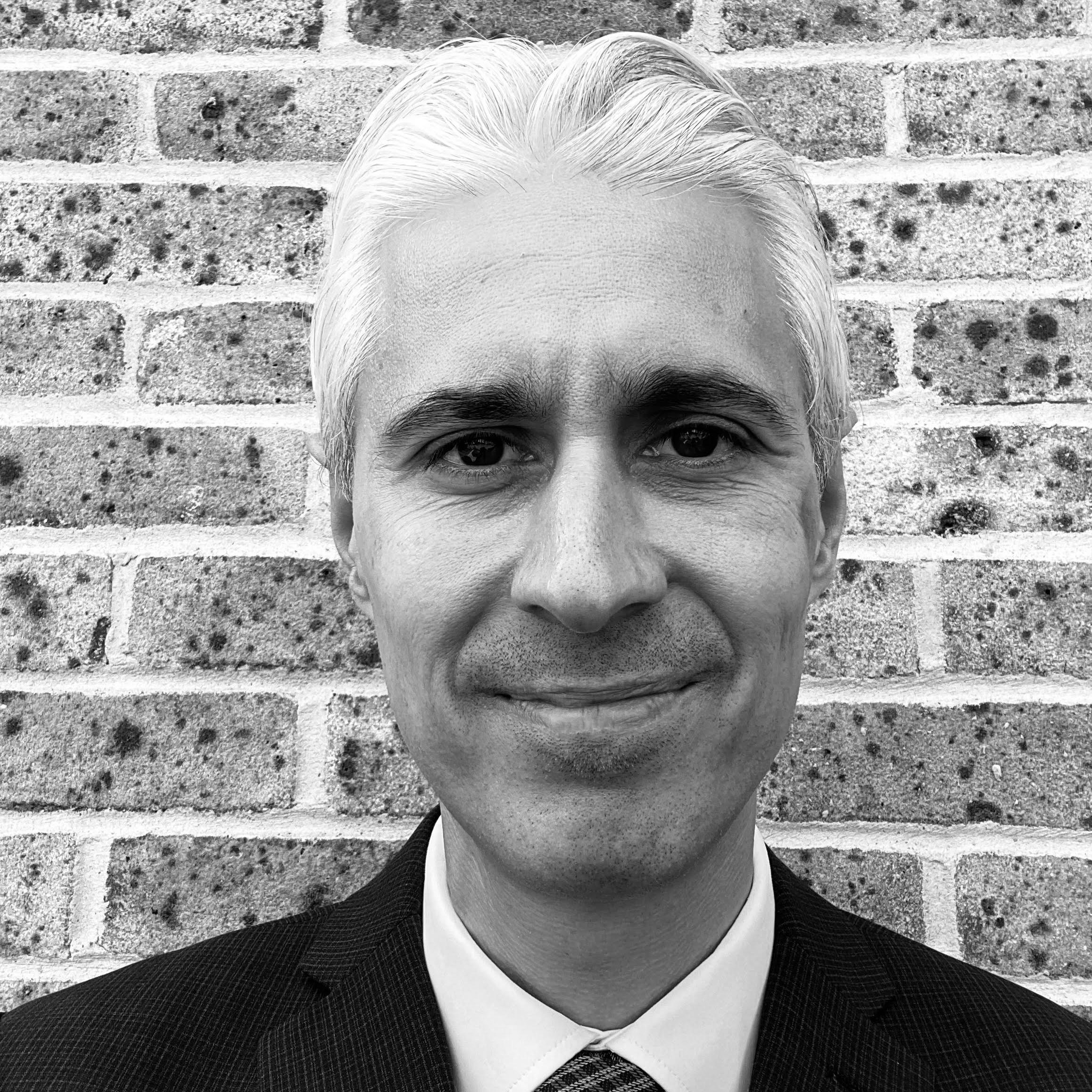
Marcus Bhargava
Chair of Trustees, ACT
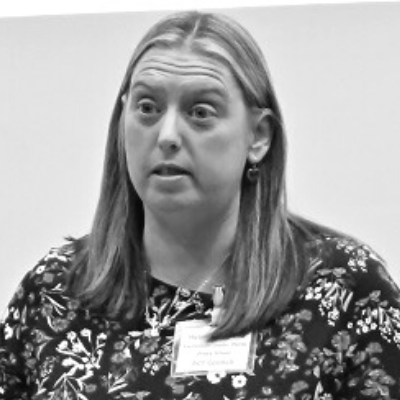
Helen Blachford
Chair of ACT Council & Director of Personal Development and Citizenship at Priory School
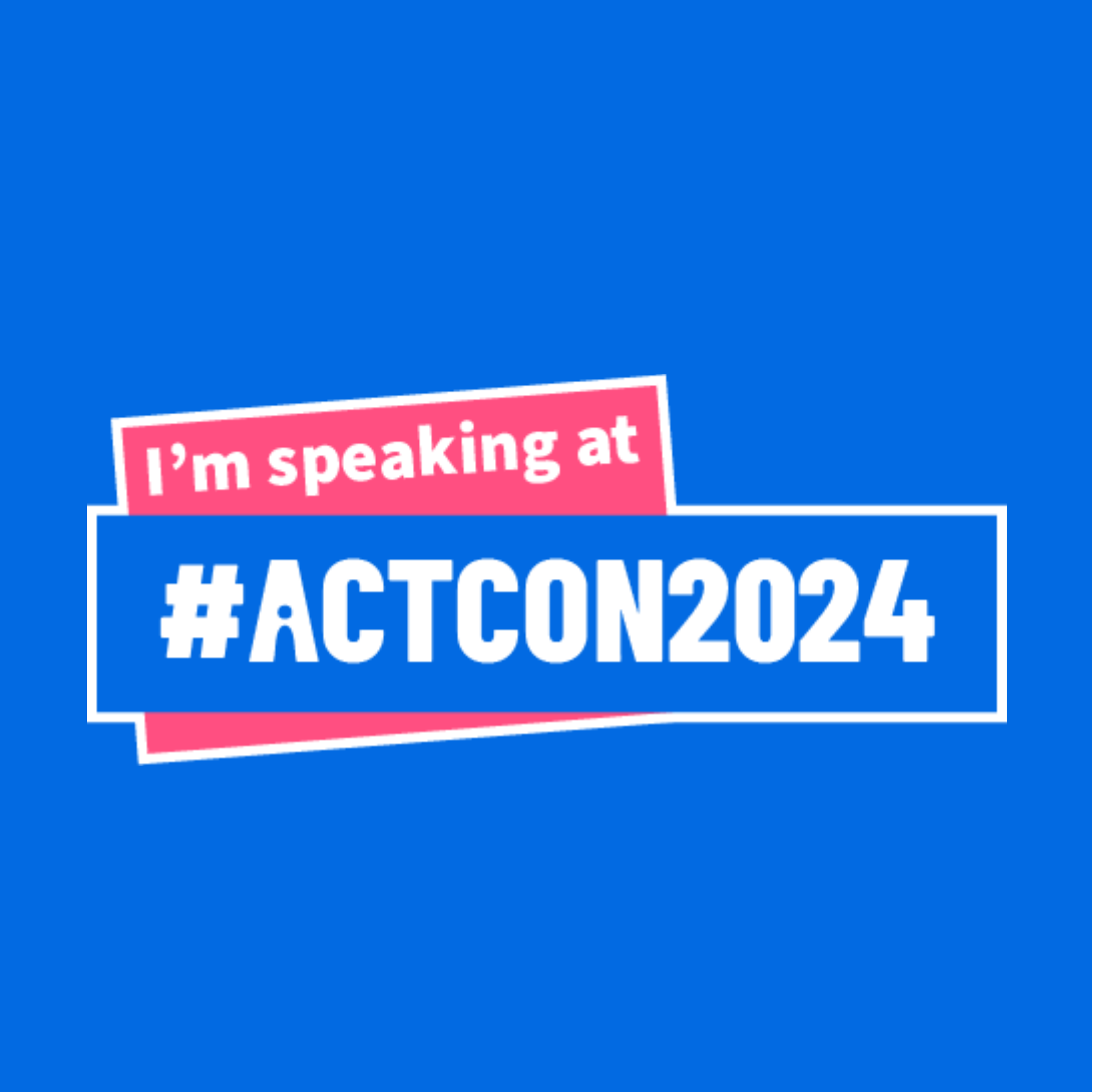
Akasa Pradhan
Senior Education Manager, Young Citizens

Josie Verghese
Assistant Editor, UK Insights, BBC News & Head of BBC Young Reporter
Why should you attend the conference?
1) You will learn from experts across a variety of curriculum areas
Learn from organisations who specialise in topical areas of the curriculum; from media and political literacy, social action and economic education. You will expand your subject knowledge and pedagogical approaches, as each session aims to ensure that your curriculum is as up-to-date as it should be.
2) Connect with others and you’ll approach challenges in new ways
Networking with purpose can be extremely beneficial to your curriculum approach and practice. You will discuss new ideas with others and approach challenges in different ways. The conference aims to bring together experienced teachers with colleagues newer to Citizenship to enable the sharing of best practice. Our exhibition will also allow you to form relationships with national and local organisations that can continue to support your teaching after the conference.
3) Take away resources you can use in your lessons tomorrow
The conference is the place where you can inform your practice. The sessions are practical in nature, with the aim of giving you something to leave with after each input, which can be adapted to your school context straight away. Think guides, fact sheets, lesson plans, curriculum maps; you will be spoiled!
4) Enhance your academic knowledge around the subject
Interested in why we teach in certain ways, or why it is important to address social issues? Research informed sessions enhance your academic knowledge across the subject, as well as give you the wider context around the importance of democratic education. Sessions on the social gap in political engagement, and youth philanthropy are sure to get your mind racing.
5) Ensure you are ready for the future
The conference is all about the future: future challenges; generations; and, how the future of teaching needs to adapt. From technology to curriculum content, you will leave the conference full of fresh ideas on how to educate your students for democratic life.
FAQs
These are some of the questions we are most often asked about our events. If you have other questions, please don’t hesitate to get in touch and we will be happy to help.
Suggested Pages
Suggested pages across the ACT website.
